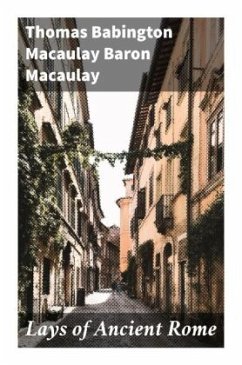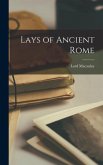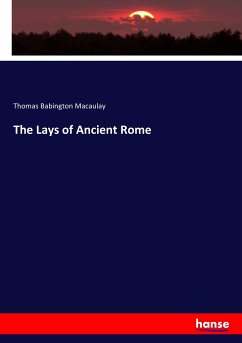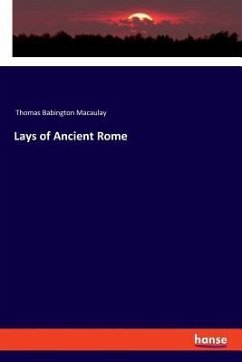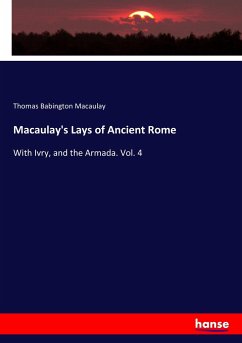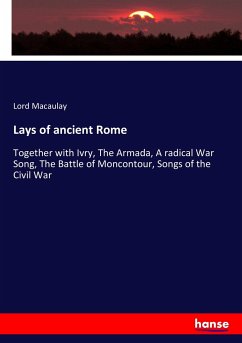Thomas Babington Macaulay's "Lays of Ancient Rome" is a masterful collection of narrative poems that vividly brings to life the glory and tragedy of Rome's storied past. Crafted in a vigorous and accessible style, Macaulay employs ballad-like verses to weave tales of legendary heroes and pivotal events, such as the siege of the last republic and the tales of Horatius and Virginia. Set against the backdrop of the 19th century, the work reflects the author's fascination with classical history and the Victorian emphasis on moral lessons drawn from the past, showcasing the interplay between history and literature. Baron Macaulay, a prominent historian, poet, and politician, was deeply influenced by the Enlightenment ideals and classical scholarship of his time. His formal education and his tenure at a wealthy English family instilled in him a keen appreciation for rhetoric and historical context, which undoubtedly shaped his narrative style. Macaulay's passion for ancient civilizations and his profound understanding of history motivated him to reimagine Rome's tumultuous legacy as an inspiration for contemporary society, imbued with timeless morals. "Lays of Ancient Rome" is a compelling read for those interested in the confluence of history and poetry. Macaulay's verses not only educate but also entice readers into the emotional struggles of ancient Rome, making complex historical themes accessible and engaging. Those seeking to immerse themselves in a poetic exploration of Rome's heritage will find Macaulay's work both enriching and thought-provoking.
Bitte wählen Sie Ihr Anliegen aus.
Rechnungen
Retourenschein anfordern
Bestellstatus
Storno

